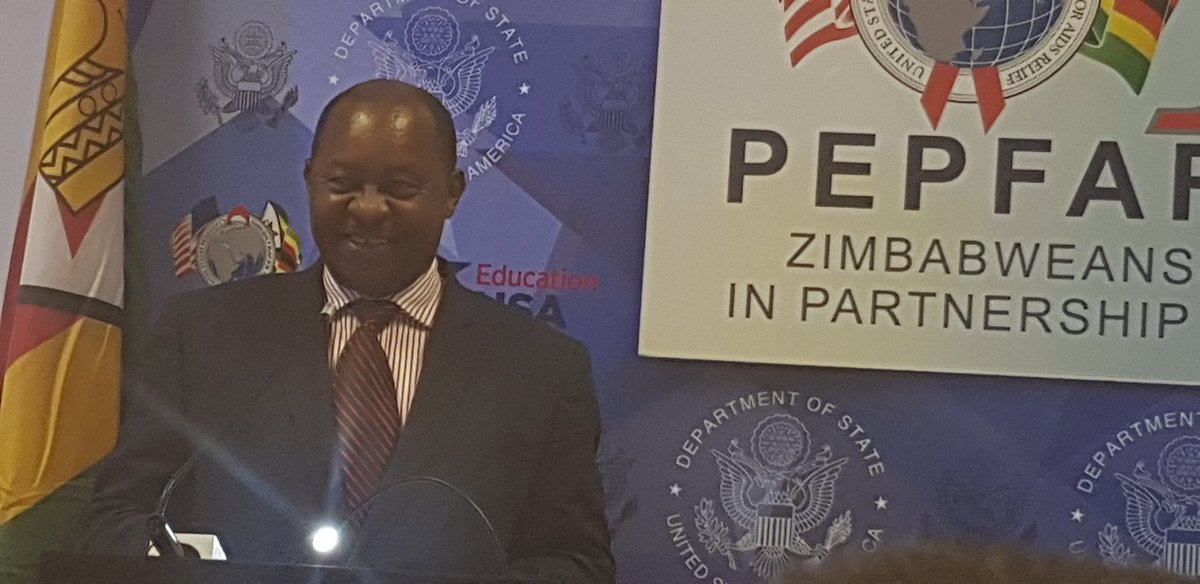By ZIMCODD
The dismissal of the former Minister of Health and Child Care (MoHCC), Obadiah Moyo by President Emmerson Mnangagwa on Tuesday, 7 July 2020 highlights the perversity of public corruption and the inadequacy of oversight mechanisms in Zimbabwe. Conditions of weak oversight mechanisms, poor remuneration, breakdown in the rule of law and weakened commitment to constitutional provisions for citizens’ democratic participation provide fertile grounds for the flourishing of corruption in Zimbabwe.
Grand corruption involving political elites the likes of Ignatius Chombo (10 million scandals), Leo Mugabe (Airport expansion scandal), Patrick Chinamasa (Zisco Steel scandal), Obert Mpofu (Zisco Steel Scandal) and Supa Mandiwanzira (ZINARA Snow Graders Scandal) among others, has set the precedence that public resources can be looted without punitive measures to deter such crime.
The health sector is especially susceptible to corruption given its dependence on large scale procurement processes for drugs and equipment often involving millions of dollars. According to the National Academies of Sciences, Engineering and Medicine “approximately $US455 billion of the $7.35 trillion spent on health care annually worldwide is lost each year to fraud and corruption. Furthermore, the Organisation for Economic Cooperation and Development (OECD) estimates that 45 percent of global citizens believe the health sector is corrupt or very corrupt”.
Former Minister Moyo was involved in a $60 million procurement corruption scandal involving Drax International, a company contracted by the MoHCC to supply health equipment to fight Corona Virus.
The social and financial costs of corruption in public health care are overwhelming. Ongoing strikes by nurses; perpetual work stoppages by disgruntled junior doctors; lack of medicines in most hospitals and clinics, dilapidated health facilities are amongst the many negative impacts of the systemic leakage of public resources meant for the provision of public goods into private hands.
Most Zimbabweans lack the means to access expensive alternative to private health care and are therefore resigned to a lived reality in which public healthcare is perceived as inequitable and inaccessible to those without the means to pay extra in order to access services.
Moyo’s dismissal raises more questions than answers on whether Zimbabwe is able to curb the endemic corruption that has been at the centre of poor service delivery, unsustainable debt burden, rising poverty, lack of transparency and accountability in the management of public funds and violation of socio-economic rights of the most poor and vulnerable in society.
The question everyone is asking is, Is the dismissal of Obadiah Moyo, a departure from the usual catch and release norm of high-profile corruption cases in Zimbabwe? Moyo is not the first Cabinet minister to be sacked by the President.
Priscah Mupfumira, the former Minister of Environment, Tourism and Hospitality Industry was dismissed in August 2019 and charged with criminal abuse of public office involving US$95 million of National Social Security Authority (NSSA) funds. Both Mupfumira and Moyo were dismissed in terms of Section 340, Subsection (i), paragraph (f), as read with Section 104, Subsection (i) of the Constitution of Zimbabwe for “conduct inappropriate of a Government minister.”
Putting Moyo’s firing into perspective, coupled with the history of public corruption of impunity, is firing public officials an adequate response? Moyo and Mupfumira as well as other political elites were arrested and granted bail and their cases are currently in the justice system.
Will Moyo’s case fade away like other historical graft cases in Zimbabwe? Is the granting of bail synonymous with Discharge? How can stolen money be recovered? What can be done to stop the hemorrhage and plug resource leakages, particularly in the context of perpetual shocks and stresses such as climate change and global pandemics like Corona Virus?
Mechanisms to Prevent and Address Corruption
ü Zimbabwe is a signatory to the United Nations Convention against Corruption (UNCAC) of 2005 which came into force on 14 December 2005. It must therefore, studiously apply key mechanisms to fight corruption enshrined in Article 5 of UNCAC in the public sector such as preventive measures, criminalization and law enforcement, international cooperation, asset recovery, and technical assistance and information exchange;
ü Intensifying life style audits for political elites and public office holders;
ü Publishing information on public sector procurement projects including the cost and phase of the project;
ü Introducing steep penalties for perpetrators of corruption in public institutions;
ü Strengthening the justice delivery system to ensure that corrupt business moguls and politicians are brought to book;
ü Declaration of assets by officials when they join and leave the public sector;
ü Strengthening institutions created to fight corruption like the Zimbabwe Anti-Corruption Commission (ZACC) in policing, prosecuting and convicting corruption offenders without fear or favour;
ü Public institutions must ensure that the remuneration for employees is commensurate with prevailing market rates to prevent pilferage and leakages of public finance.






